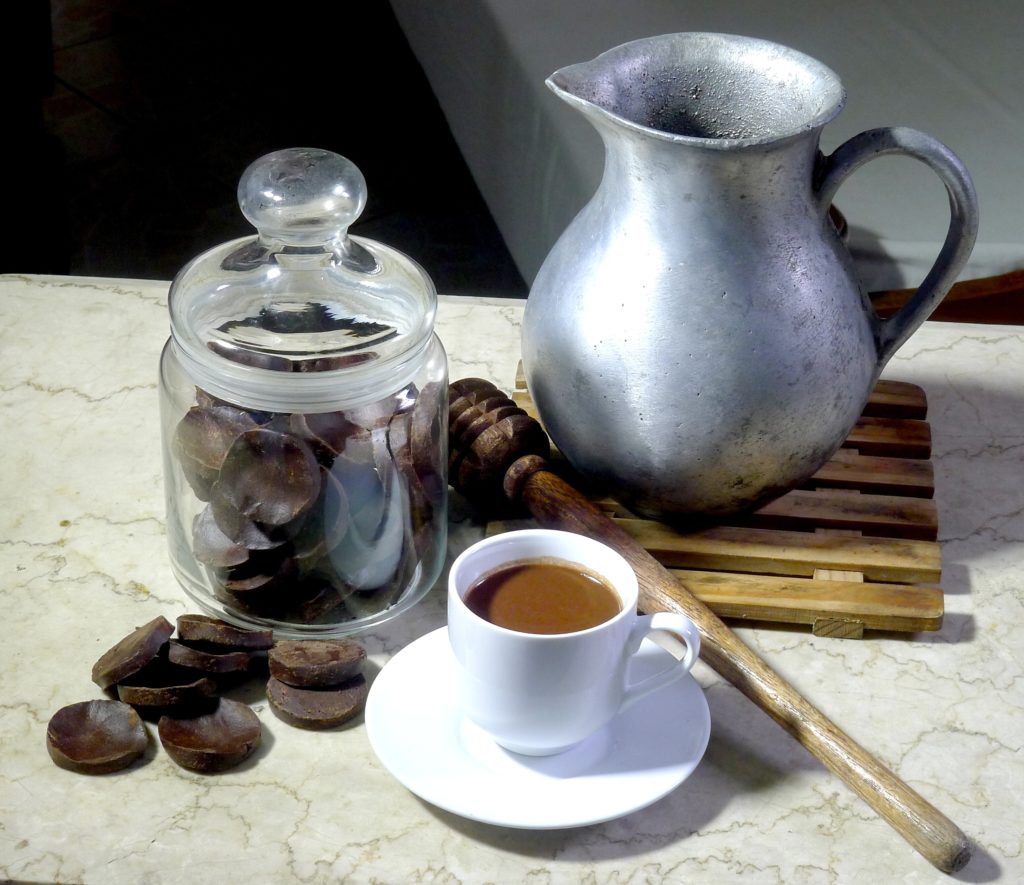
WHAT’S your favorite food for breakfast?
A Cebuano would answer you with an array of food choices—Piniritong Buwad nga Danggit, Chorizo, Itlog Estrellado, Inun-unan, Tinuwang
Isda, Puto Maya-Manga-Sikwate, fried rice, and the list goes on.
Pamahaw, or breakfast, is a serious business for Cebuanos, especially in old households and in the towns.
Early in the morning, we have “painit” or something to warm the stomach before partaking of the real meal. It could be hot coffee or chocolate (sikwate), and a piece of bread.
In the farm, there’s always a clay pot with Inun-unan or fish cooked in vinegar and salt with garlic and ginger. Most people say that Inun-unan is best eaten a day or two after it’s cooked, when the fish has soaked well in the mixture.
This is perfect for break-fast with a hot plate of cooked corn grits (size #16). If the fish seller comes by early with a good catch, Tinuwang Isda is cooked.
What better way to get your day off to a great start than with a steaming bowl of Tinuwa!
The house cook checks the baskets hanging under the eaves if the chickens have laid eggs. These are fried or mixed into the hot rice or corn for the children.
In the town of Bantayan, I had the pleasure of tasting fried Labtingaw. This is fish cleaned, salted slightly, and dried for a few hours (not quite like the buwad, which is salted and dried fish).
When fried, the labtingaw still has the texture of fresh fish, but it has a distinct taste that is almost like buwad.
People living near the sea may have shells, tiny squid and crablets gathered early in the morning from the tidal flats. These are made into Tinuwa, which is goes well with a pot of cooked corn grits or rice.
In the towns and cities, there are more choices—Fried chorizo sausages or Danggit calls for rice or cooked corn grits—lots of it!
On the side would be a small bowl of suka or coconut vinegar as dipping sauce.
Whenever available, many Cebuanos prefer to have Puto Maya, steamed glutinous rice cooked with ginger and a little salt.
This is sold and served in little strips of banana leaves, formed like a small triangle which when arranged on the plate look like the maya bird.
The Puto Maya tastes best with ripe mangoes. A cup of thick sikwate make a delicious accompaniment for the puto.
The secret to a good chocolate drink is to cook three discs of tablea in one cup of water.
Let boil for 3 to 5 minutes.
Watch the batirol (pot) so it doesn’t overflow. The trick is to lower the fire and to keep the boloneo (whisk) in the batirol so you can stir it all the time. You can add milk and sugar to taste.